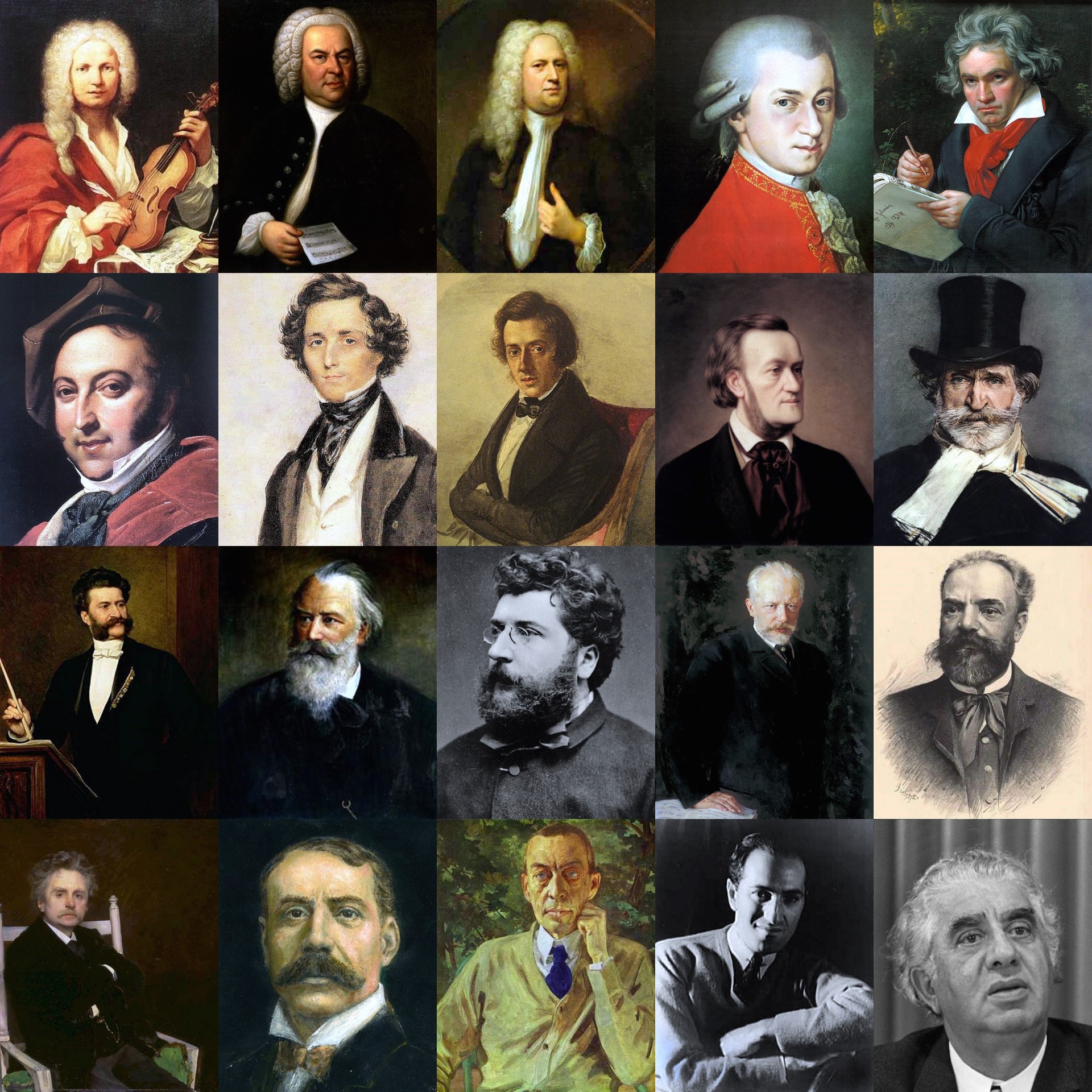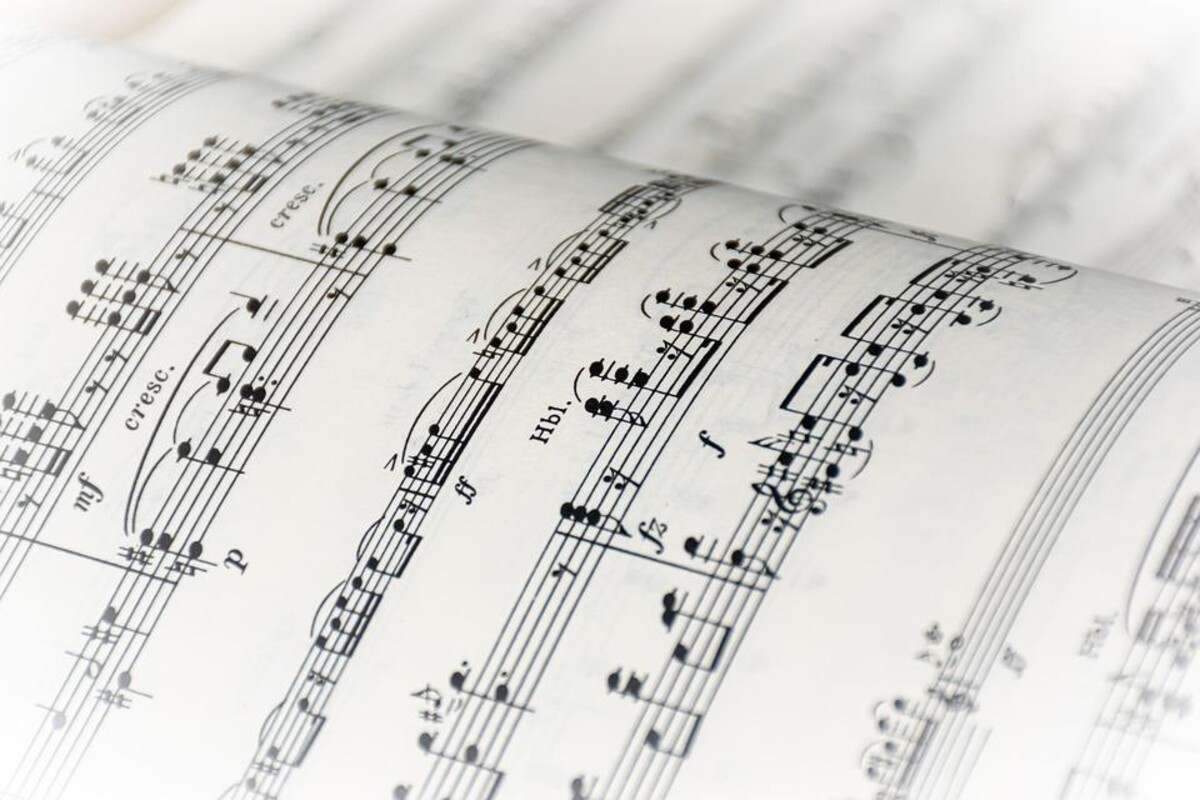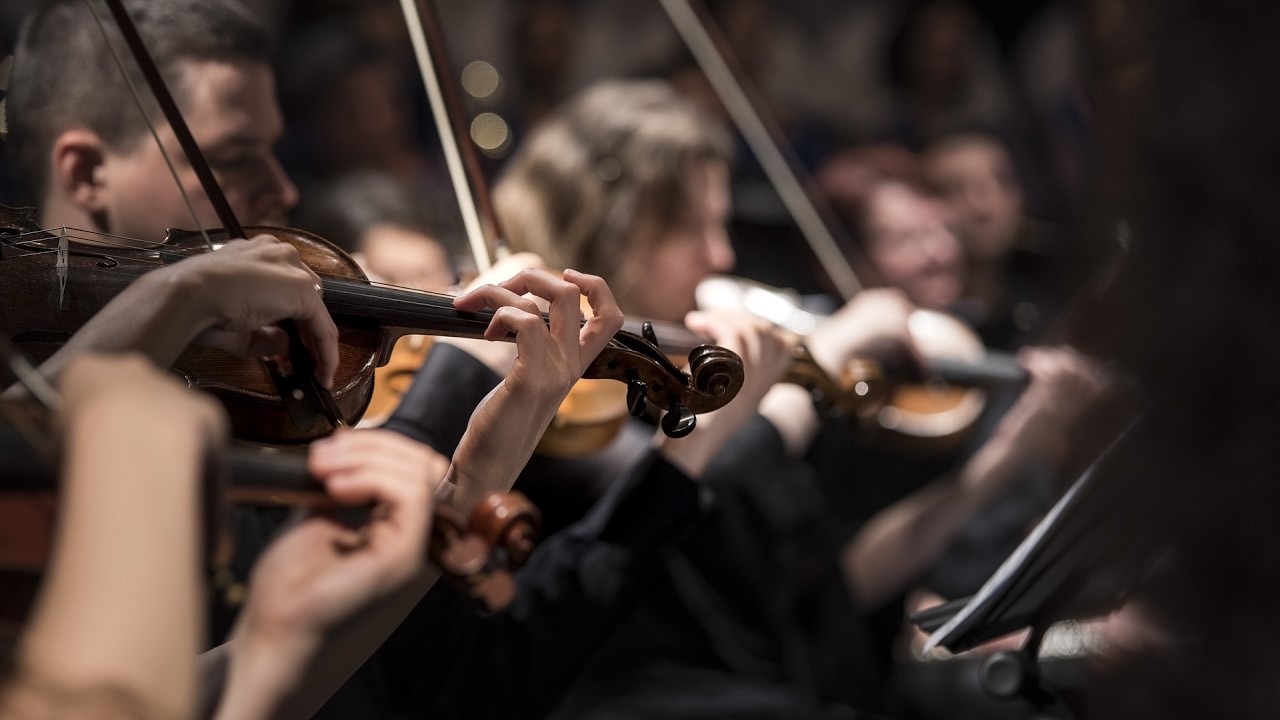The Mother of All Musical Genres
Classical music is generally understood as the mother of all musical genres, embodying the idea of harmony and perfection more than any other genre. Some of the representatives of this genre are therefore simply unsurpassable in a way that only true geniuses can be. Classical music has its roots in the distant past and is rightfully considered a universal genre. Its long history is full of names, innovations, creations and works, and it has always been the subject of countless manuals and debates. The Middle Ages is an extremely important period in the history of classical music. A number of crucial musical characteristics arose during this time, which is otherwise often considered a dark historical period from other perspectives. It was in fact during the Middle Ages that one of the great innovations in the field of music arose: polyphony. Polyphony is multi-voice music in which all of the parts develop independently rhythmically and melodically, while at the same time being harmonically interdependent.

The Baroque period was marked by the emergence of one of the greatest geniuses in the history of music, a composer who not only changed musical habits, but also influenced the later golden age of classical music in the eighteenth and nineteenth centuries. I am, of course, referring to German composer Johann Sebastian Bach, whose creations brought great prestige to the harpsichord, an eighteenth-century instrument that was a predecessor of the piano. Although the harpsichord lacked the magnificent sonority of the piano, Bach still created works of incredible perfection and beauty for it.
The eighteenth century saw the development of a musical genre that flourished throughout Europe, especially in Italy: opera music. Among the most famous names associated with opera are the Italian composers Vincenzo Bellini (La sonnambula), Gioacchino Rossini (The Barber of Seville, William Tell, Cinderella), and especially Giuseppe Verdi (Aida, La Traviata, Rigoletto, Nabucco) and Giacomo Puccini (Tosca, Turandot, Madama Butterfly). These artists lifted the genre of opera to an unsurpassably high level.
Finally, we cannot overlook the great composers – almost all of German origin – who excelled during the eighteenth and nineteenth centuries. They composed a great deal for the piano, thus contributing to the development of this new instrument, but also wrote for strings and wind instruments. The first two composers who paved the way for the golden age of classical music were the Austrians Franz Joseph Haydn and Wolfgang Amadeus Mozart. The latter was a child prodigy who devoted his entire life to music. At a very young age, he performed at courts all over Europe, and later he became one of the greatest figures in the world of music. Slightly younger, but with a distinctly more passionate, intense and romantic vein, was the German Ludwig van Beethoven, who gave us a series of wonderful piano sonatas as well as nine symphonies. The last of these symphonies, the Ninth Symphony, which contains the celebrated Ode to Joy, was written when the composer he was already deaf. Among the great composers of the nineteenth century are Franz Schubert, Robert Schumann and Johannes Brahms, as well as the superb Polish composer and pianist Frédéric Chopin.

A few days ago, my daughter asked me: “Isn’t classical music more for old people?” I answered: “I wouldn’t say so. Mozart wrote his first symphony at the age of five, so he really wasn’t that old.” Classical music surrounds us always and everywhere. It adapts to the times, which is something we often forget. Without classical music, there wouldn’t be any music, so we should honour and respect it as the mother of all musical genres, even at a young age.
